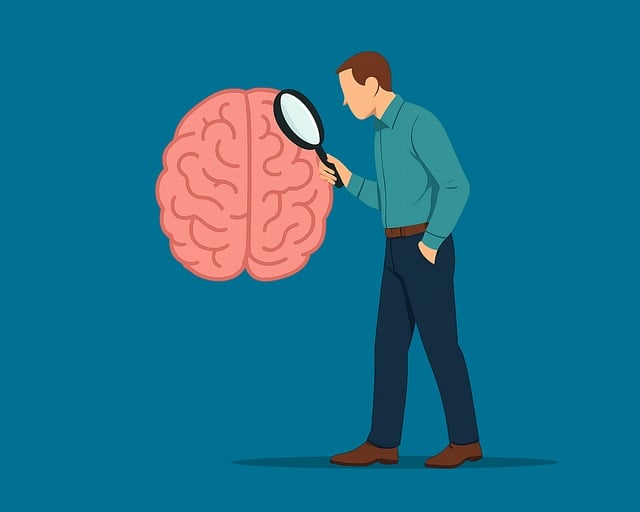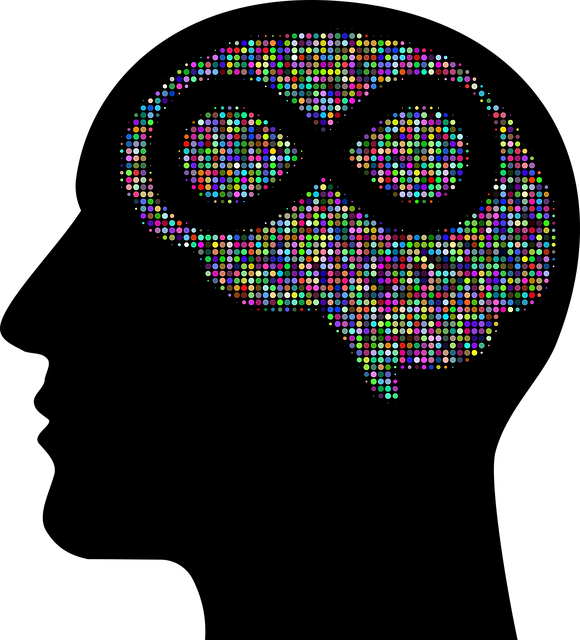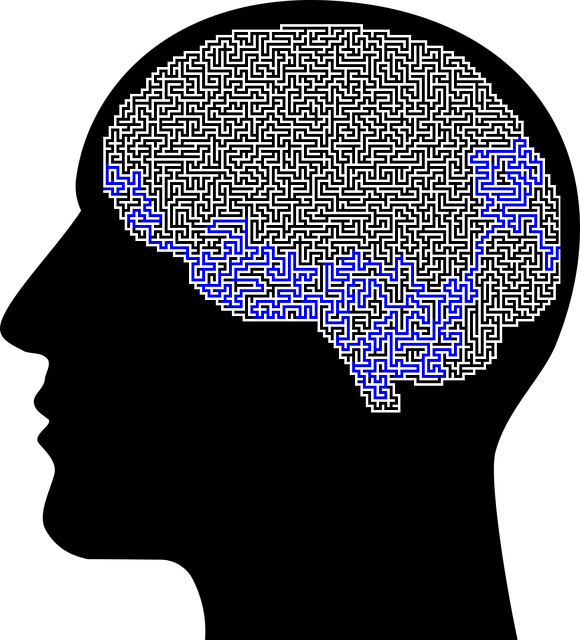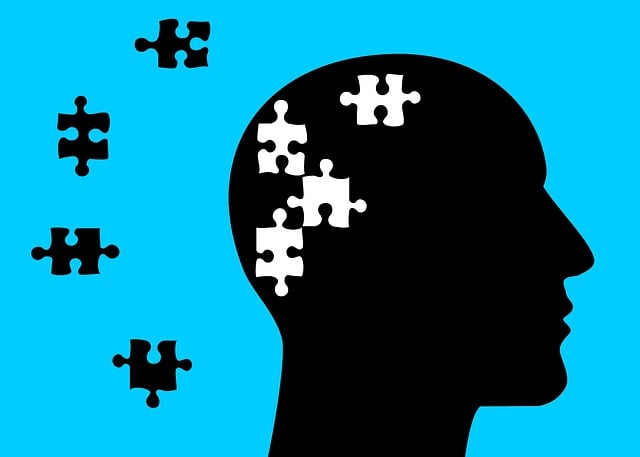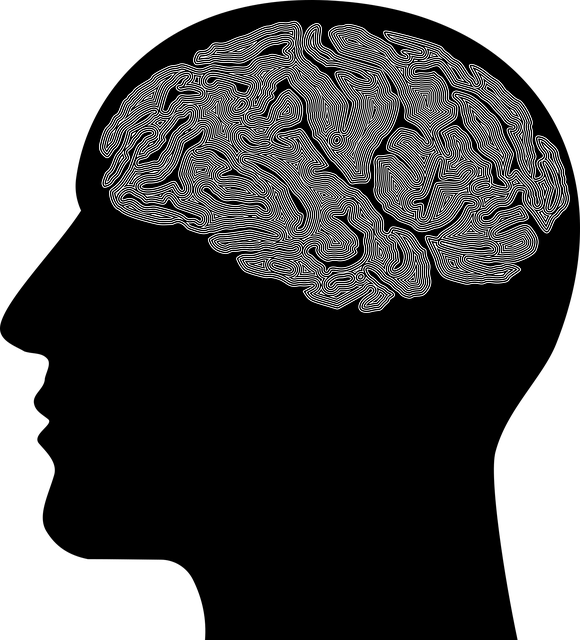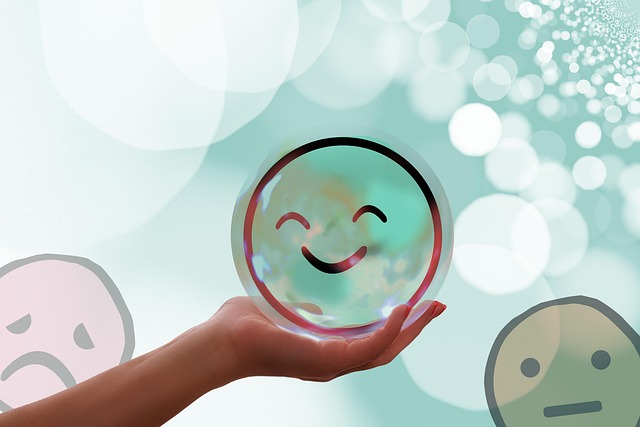Mental wellness is key to overall well-being, with conditions like depression and anxiety impacting daily life. Stigma reduction through self-care and stress management workshops empowers individuals to manage their mental health. Journaling, a therapeutic tool accessible for all, including those with learning disabilities, helps process emotions and gain self-awareness. Boulder Learning Disability Therapy harnesses journaling's potential, offering crisis intervention and promoting mental health awareness. Integrating therapy principles into journaling makes it more inclusive and effective, fostering personal growth through consistent practice and community support.
Mental wellness journaling is an effective practice that fosters self-reflection and enhances overall well-being. This article guides you through understanding the impact of mental health on daily life, uncovering the therapeutic benefits of journaling, and providing practical techniques to begin your wellness journey. We also delve into insights from Boulder Learning Disability Therapy, offering strategies to incorporate these techniques into your routine, promoting a healthier mind in an ever-bustling world.
- Understanding Mental Wellness and its Impact on Daily Life
- The Power of Journaling: A Creative Outlet for Self-Reflection
- Effective Techniques for Starting a Wellness Journal
- Incorporating Boulder Learning Disability Therapy Insights into Your Practice
Understanding Mental Wellness and its Impact on Daily Life

Mental wellness is a crucial aspect of overall well-being that influences how we navigate our daily lives. It encompasses our emotional, psychological, and social health, impacting our ability to cope with stress, make choices, and relate to others. Mental illness, which includes various conditions such as depression, anxiety disorders, and learning disabilities like those requiring Boulder Learning Disability Therapy, can significantly affect our productivity, relationships, and overall quality of life.
Understanding mental wellness is essential in reducing the stigma associated with mental illness. The impact of mental health issues on daily functioning underscores the need for proactive measures. Engaging in self-care practices, such as journaling, and participating in stress management workshops offered by organizations dedicated to Mental Illness Stigma Reduction Efforts, can empower individuals to take control of their mental well-being. These initiatives foster resilience and promote healthier ways of coping with life’s challenges.
The Power of Journaling: A Creative Outlet for Self-Reflection

Journaling offers a powerful and creative outlet for self-reflection, serving as a valuable tool for individuals seeking to enhance their mental wellness. Through this practice, one can explore thoughts and emotions in a safe and private space, fostering personal growth and self-awareness. It encourages individuals to delve into their feelings, reflect on experiences, and gain profound insights about themselves. By putting pen to paper, or fingers to keyboard, people with learning disabilities or those navigating mental health challenges can find an accessible way to express their inner world.
This therapeutic practice allows for a unique form of communication where one can challenge negative thought patterns, process traumatic events, or simply celebrate daily triumphs. The act of journaling provides a sense of control and agency, enabling individuals to make sense of their experiences and emotions. At Boulder Learning Disability Therapy, we recognize the potential of journaling as a transformative tool, offering crisis intervention guidance and empathy-building strategies while promoting mental health awareness.
Effective Techniques for Starting a Wellness Journal

Starting a wellness journal is an empowering step towards better mental health and self-awareness, especially for individuals navigating learning disabilities like those supported by Boulder Learning Disability Therapy. The process involves cultivating a safe space to express thoughts and emotions freely. One effective technique is incorporating prompts that encourage reflection on daily experiences, highlighting both positive and challenging moments. For instance, beginning each entry with “Today I felt…” allows individuals to identify and track their emotional states throughout the day.
Additionally, integrating practices like mindfulness or gratitude can enhance journal entries. Writing down three things one is grateful for promotes a sense of contentment and perspective. Similarly, dedicating space for practicing social skills training by reflecting on interactions and applying learned strategies can foster better communication and reduce stress management challenges. Regular journaling becomes a valuable tool for personal growth when individuals make it a consistent self-care practice.
Incorporating Boulder Learning Disability Therapy Insights into Your Practice

Incorporating insights from Boulder Learning Disability Therapy into your mental wellness journaling practice can significantly enhance its effectiveness, especially when tailored to individuals with learning disabilities. This therapy approach emphasizes understanding and accommodating diverse cognitive strengths and challenges. By applying these principles, you can create a more inclusive and accessible journaling experience. For instance, encouraging visual aids, offering alternative writing methods, and providing structured yet flexible prompts can cater to various learning styles, making journaling an engaging activity for all.
This integration goes beyond the individual, fostering a sense of community and support. Mentors and therapists can collaborate on developing resources, such as adapted journaling guides or workbooks, which can be distributed through successful Community Outreach Program Implementation initiatives. Furthermore, by analyzing existing mental health policies and advocating for inclusive practices, you contribute to a broader Mental Health Policy Analysis and Advocacy effort, ensuring that these therapies reach the right audiences. Even producing a Mental Wellness Podcast Series Production centered around learning disability therapy can raise awareness and offer valuable insights to a wide audience.
Mental wellness journaling can be a transformative practice, offering a private space to explore thoughts and emotions. By combining self-reflection with creative expression, individuals can gain valuable insights into their mental states, just as Boulder Learning Disability Therapy guides professionals in assisting clients. Incorporating these effective techniques not only improves daily life but also fosters personal growth, making it an invaluable tool for anyone seeking to enhance their mental wellness.


